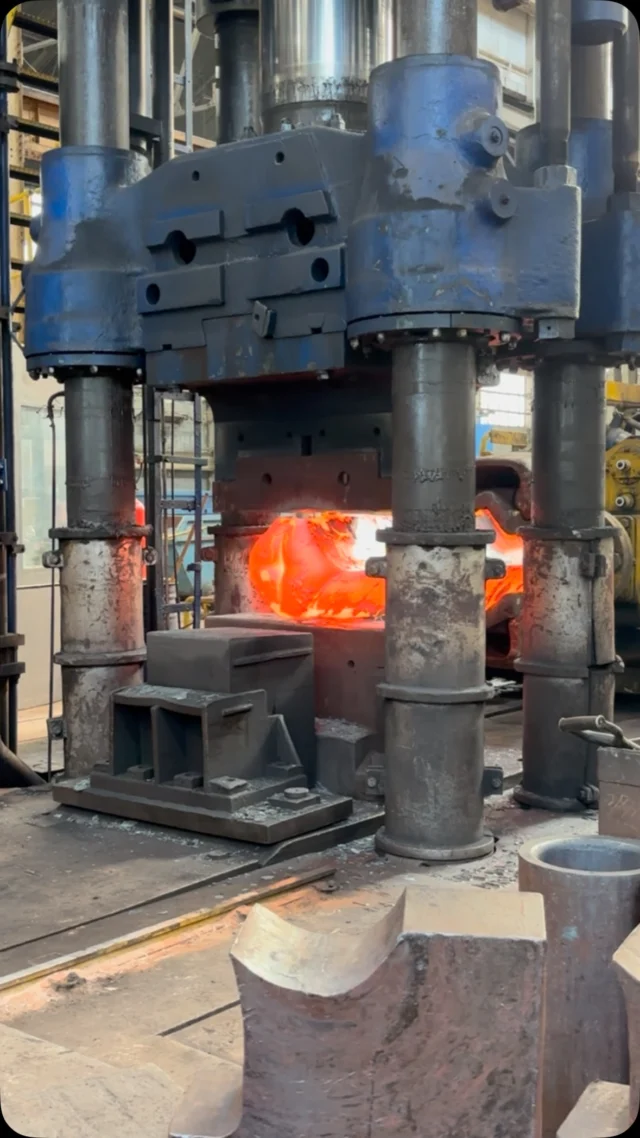The development for global infrastructure has never been as important as it is today to our countries future. This is because within the next 15 years, many countries around the world will invest into infrastructure, whether this be transport, energy or infrastructure of any other kind.
The UK Government has an estimated £650 billion of public and private infrastructure investment across the country over the next decade.
With this amount of investment will open many opportunities for UK contractors and other service providers, further leading to job opportunities and a growth in the UK economy.
Forging and infrastructure
Forging is noted as a trusted process for manufacturing component types as it provides qualities other methods that cannot produce/compare with such as quality, integrity and the performance of forged products. For this reason, it appears that forgings will make up roughly 20% of the US investment into global infrastructure.
Forging provides the following advantages:
- Many types of metals and alloys can be forged.
- Products offer high strength, ductility and resistance.
- Improves the structure of the metal.
- Parts are highly reliable.
- Products can be recycled if necessary.
Forged parts that are used in infrastructure
Open die forging process can produce many parts that are required for infrastructure applications including construction, water engineering, waste management and other civil engineering applications. Somers supply forged material for items such as bridges and hydroelectric components. Other forgings include:
- Hubs
- Rings
- Shafts
- Pinons
- Coupling
At Somers Forge, our forging capabilities enables us to produce open die forgings from 1 kg to in excess of 60 tonnes in weight, with lengths with to 23 metres. As well as providing forgings to infrastructure applications such as aerospace and oil and gas, to name a few, our services are available to a wide range of sectors.
Contact us today on 0121 585 5959 (UK), +1 734 729 3700 (USA) or fill out our online contact form.














